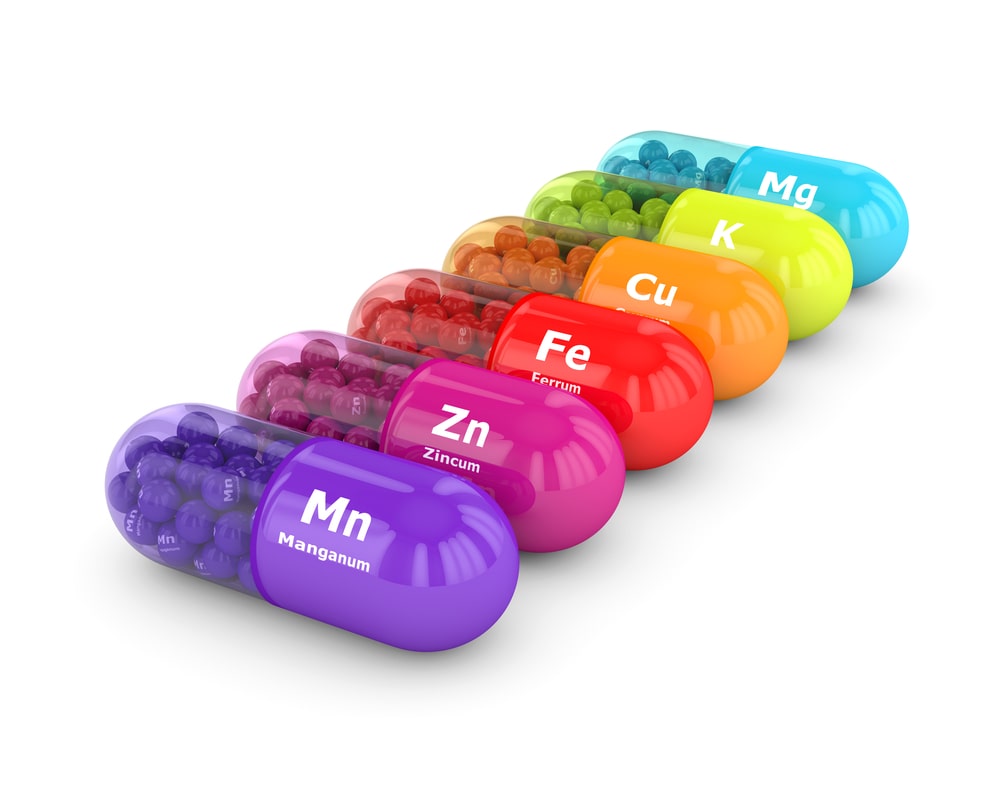Mineral deficiency in the body is a serious health issue that can significantly affect bodily functions. Minerals play a vital role in overall health, and it is important to understand the significance of these elements as well as the causes and factors related to their deficiency. In this article, I will provide an overview of mineral deficiency in the body and its impact.
Examples of essential minerals the body needs include iron, calcium, magnesium, zinc, selenium, and copper. These minerals play important roles in various vital functions such as oxygen transport, strengthening bones, and supporting the immune system.
There are several causes of mineral deficiency in the body, including an unhealthy diet, inadequate absorption of minerals from food, and chronic diseases that affect mineral absorption. For example, iron deficiency can lead to anemia, while calcium deficiency can increase the risk of bone diseases like osteoporosis.
Mineral deficiency can be identified through certain symptoms such as fatigue, weakness, and decreased bodily functions. Individuals should address mineral deficiencies by improving their diet and resorting to supplements if necessary. In severe cases, consulting a healthcare professional is essential.
In conclusion, mineral deficiency in the body can negatively affect health and well-being. By maintaining a balanced diet and taking care of the body’s health, this problem can be prevented and bodily functions can be better preserved.




